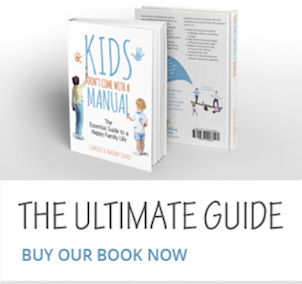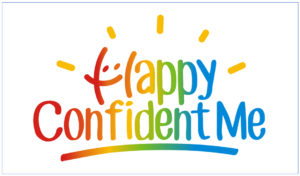‘Entitlement’ is a hot topic at the moment because more and more children seem to grow up believing that everything is ‘owed to them’. Unfortunately if children go through life with this misunderstanding they will have great difficulty looking after themselves and others too!
1.”I want it NOW!” – If kids become accustomed to instant gratification (hardly surprising with all the pressures on parents to give their kids stuff) they will start believing that everything is owed to them. Research has shown that when children understand delayed gratification form an early age’ they are far more likely to become successful in later life.
2. “Mum and Dad are there to ‘rescue’ me” – Sure if our kids are in serious trouble we will race in to help. But if we drop everything to fix every little problem for them, from bringing them a snack to school because they forgot to bring one, to replacing a toy that they broke, we are creating rods for our own, as well as our children’s, backs. Children need to know how to solve problems for themselves, and to get used to the odd disappointment.
3. “Why should I have to earn it when I can get it for free?” – If kids get used to things being handed to them on a plate (often for the sake of convenience and time constraints) they lose the connection between deserving (earning) and acquiring.
4. “Someone else is going to clear up after me aren’t they?” – It can be so hard for parents to relinquish control in tidying their family’s environment, but the earlier kids take responsibility for their stuff, the better equipped they are for developing other life skills.
5. “My friends have got one so I need one too!” – There’s a new craze every minute, children often believe that unless they (or rather their parents) ‘buy’ in to it they will be excluded from their friendship groups. They need to know that trends may come and trends may go, but the stuff that really matters (ie values and sincerity) sticks with you for life.
6. Mum and Dad tell me I am special – We naturally want to praise our kids to boost their self-esteem but if we praise them for every little thing that they do well (such as being kind to others), they grow up always associating good deeds with praise. This may then cause them to overlook the importance of doing something purely for the achievement it brings them, or even for the pleasure of doing it. Also, when kids feel that they are up on a pedestal they often end up believing that they are entitled to special treatment. Of course we are not suggesting that you don’t praise your child, but that when you do, you do so constructively (see tools below).
7. “It’s not my fault!”. -When things go wrong kids often try to blame others, be it their friends, their teachers, or even their parents! We therefore need to help them learn the art of responsibility, allowing them to ‘own’ their behavior and the choices they make (see tools below).
It is so easy for today’s parents to feel pressurized by the consumerist message that kids have a right to get the stuff that they want, or that their children require constant attention. Yet one of our key roles as parents is to teach our children the importance of standing on their own two feet and learning, along the way, the important values in life.
For example, studies have shown a clear link between early exposure to household chores and adult success in life. Meaning that if you learn to take responsibility and chip in as a useful member of society (be it the microcosm of a family or the wider community) you are more likely to thrive within it.
Establishing boundaries and delaying gratification is often difficult for parents. Yet we need to help our children’s disappointment and responsibility ‘muscles’ and enable them to realize that things should be earned rather than expected.
Best of Parenting offers an invaluable set of “step-by-step” tools to help steer our children away from entitlement and in to a lifetime habit of self-responsibility and value setting. Here are some examples:
Modeling – means demonstrating important values (and how things should be done) to our children through our own behavior and words.
Positive Redirection – is a power struggle avoidance tool that we use when we are not prepared to grant children whatever it is that they are asking for.
Diffusing Whining and Arguments – is a technique for bringing power struggles to an end through a combination of empathy, boundary setting and positive redirection.
Generating Solutions – is a strategy to ‘coach’ our children into “owning” their problems so that they can come up with their own solutions.
Acknowledgement and Encouragement – explains how to praise our children so that they feel good about themselves (as opposed to just feeling entitled or afraid of failure).
See the full step-by-step and examples in our App and our upcoming e-book! Register your interest for the ebook here.
Written by Katie Sampson for Best of Parenting












































